The Smart #1 has gained a new Pro specification, dropping the small electric crossover’s entry price by around £5000.
Prices for the Smart #1 Pro start at £31,950, undercutting rivals such as the Hyundai Kona Electric and Jeep Avenger.
It also moves closer to the more competitively priced Kia Niro EV and MG 4 EV Long Range, which are on sale from £30,075 and £29,950.
The Pro sits below the Pro+, Premium and Brabus performance range-topper in the #1 range.
Fitted with Smart's smallest battery, with a 49kWh capacity, it offers 193 miles of range and has a maximum charging rate of 130kW, allowing drivers to charge from 10-80% in less than 30 minutes.
With a single rear-mounted electric motor producing a punchy 268bhp, it can sprint from 0-62mph in 6.7sec.
Standard equipment includes adaptive cruise control, LED headlights, a powered tailgate, heated seats, a panoramic sunroof, a 360deg parking camera and a 12.8in touchscreen infotainment system with Apple CarPlay and Android Auto.

The #1 launched the reinvention of Smart as an electromobility brand in 2022. Entirely unrelated to the previous Smart Fortwo and Smart Forfour EVs, it's the first new model from the brand since Chinese automotive group Geely came on board as a 50% stakeholder – taking half of the company from founder Mercedes-Benz – in 2019.
It's also the first all-new car to wear a Smart badge since 2014 and has been described by the firm's Europe CEO, Dirk Adelmann, as "the nucleus of all things to come".
The #1 is positioned as a premium crossover rivalling the Renault Mégane E-Tech Electric and Kia Niro EV, with an emphasis on maximising interior space. The result is a cabin comparable in size with that of the Mercedes-Benz E-Class but in a much more affordable package.
It is the first Europe-bound EV to use Geely's new SEA architecture – as first deployed on the Chinese-market Zeekr 001 shooting brake and soon to provide the basis for the Volvo EX30.
The German and Chinese companies sharing management of the Smart brand have already outlined their respective responsibilities: Geely will supply the fundamental architectures and Mercedes will take care of design.
Mercedes design chief Gordon Wagener has called the new design language Sensual Product, adding that it's "grown-up, cool and embodies beauty with smart solutions".

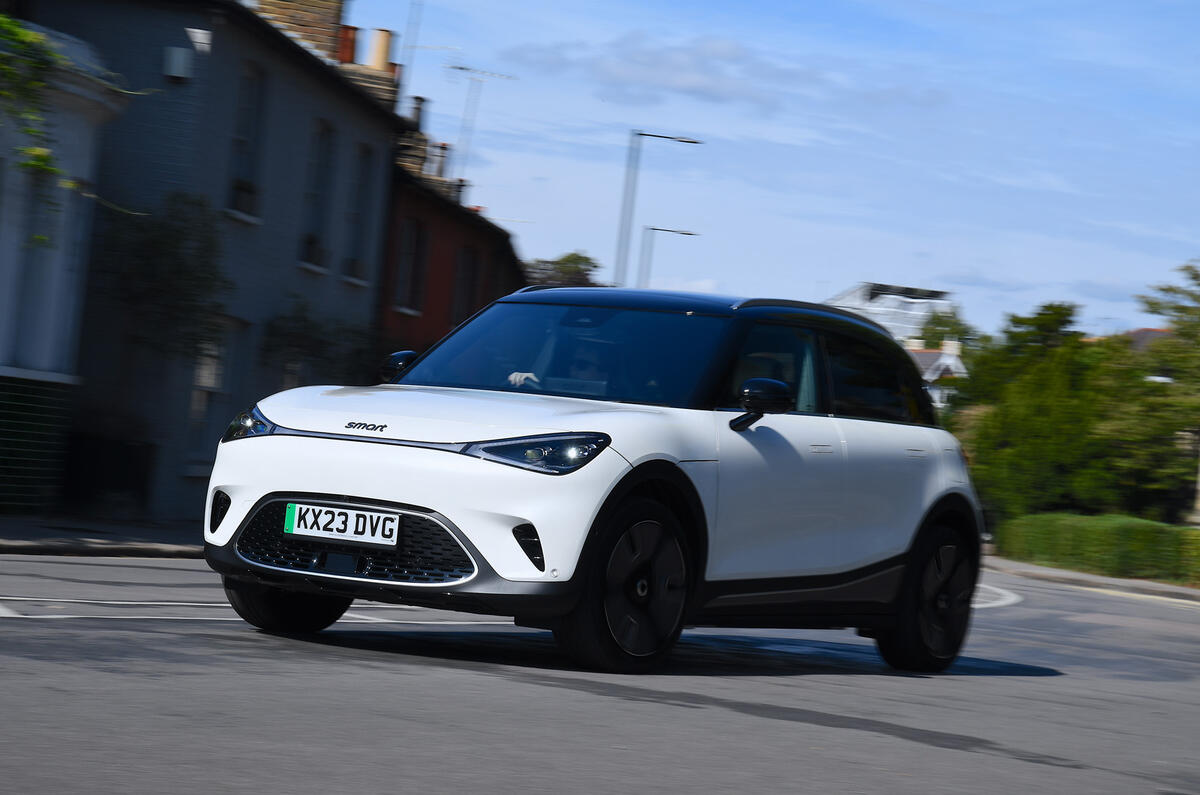
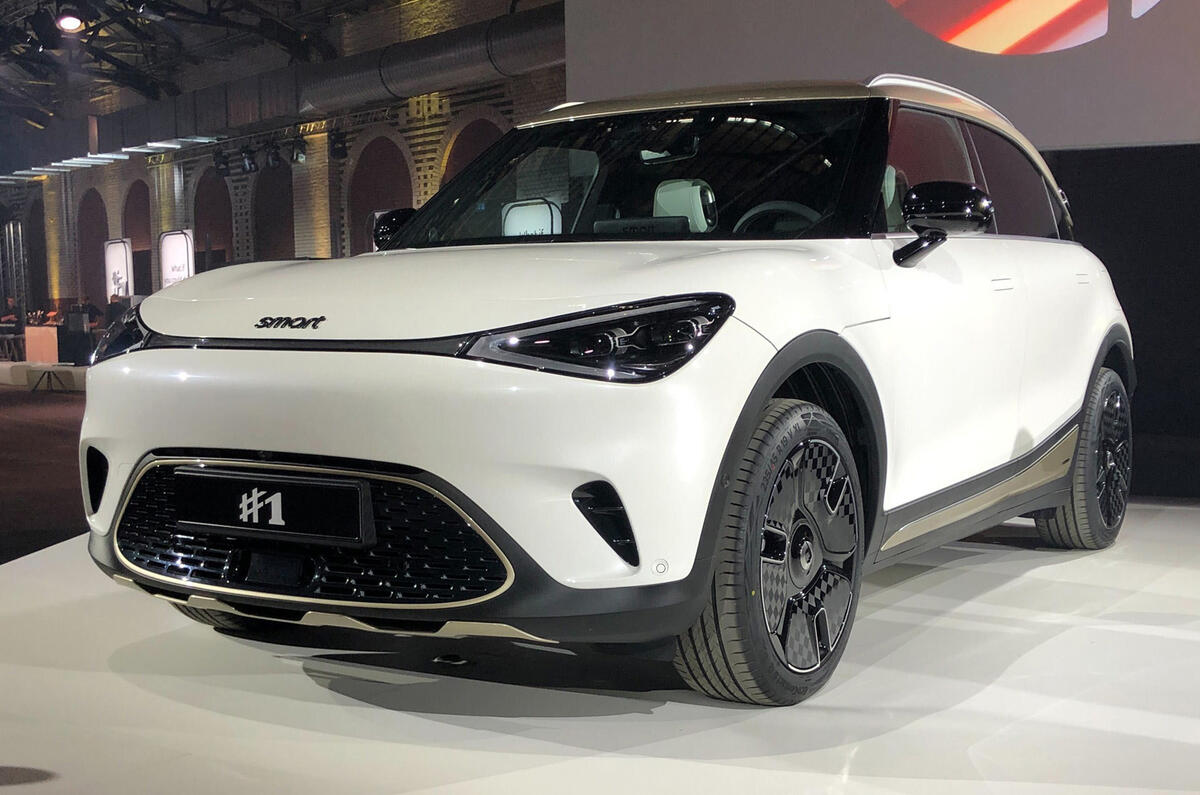
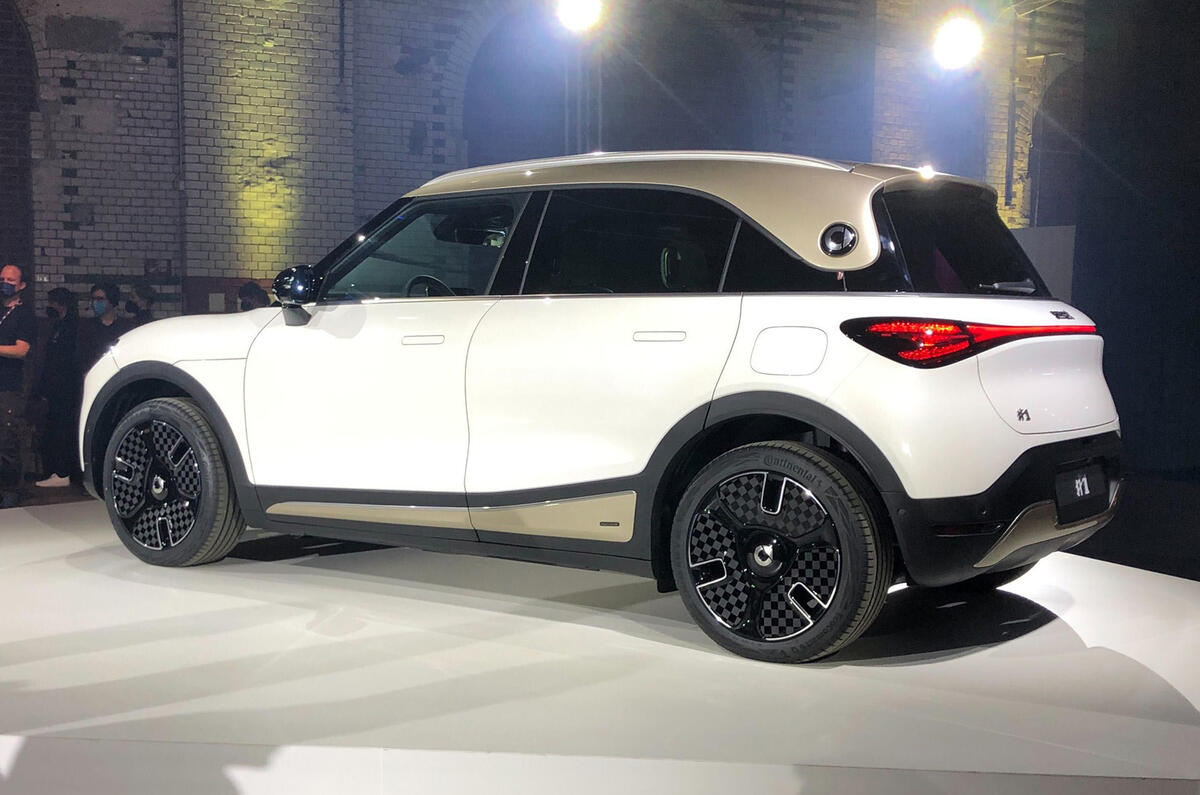
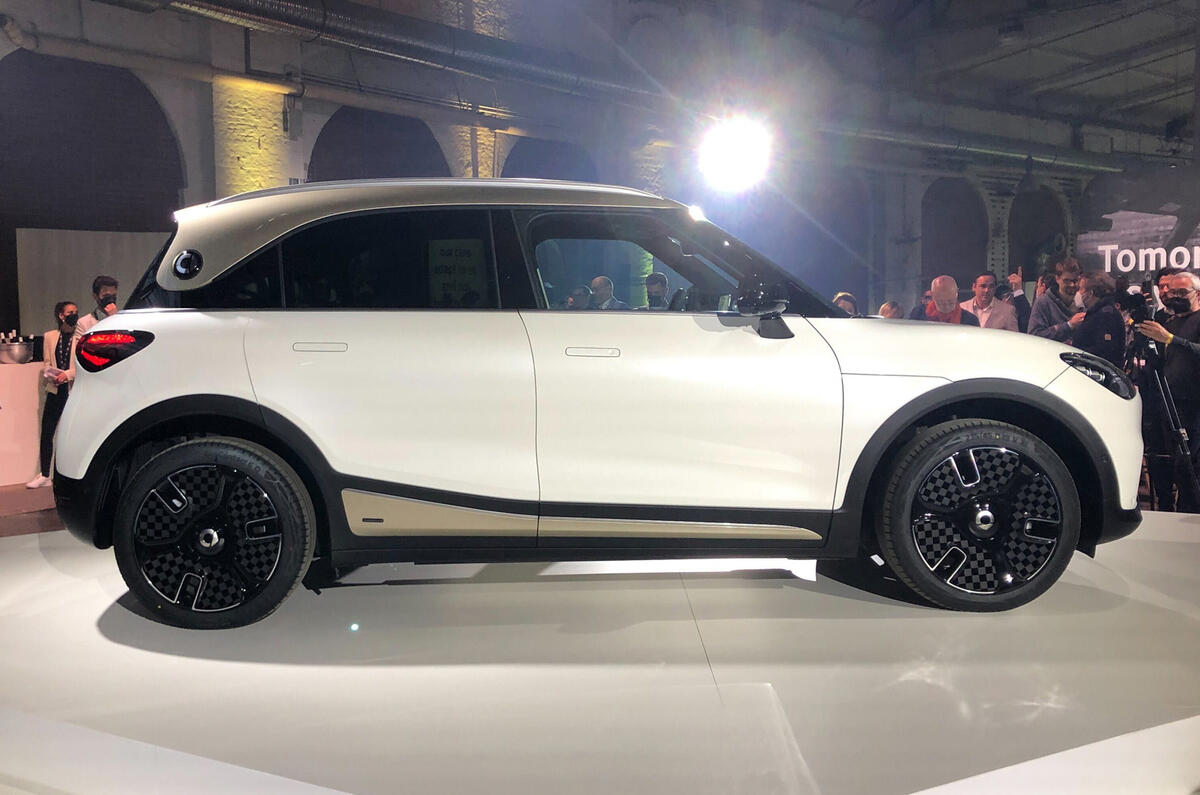

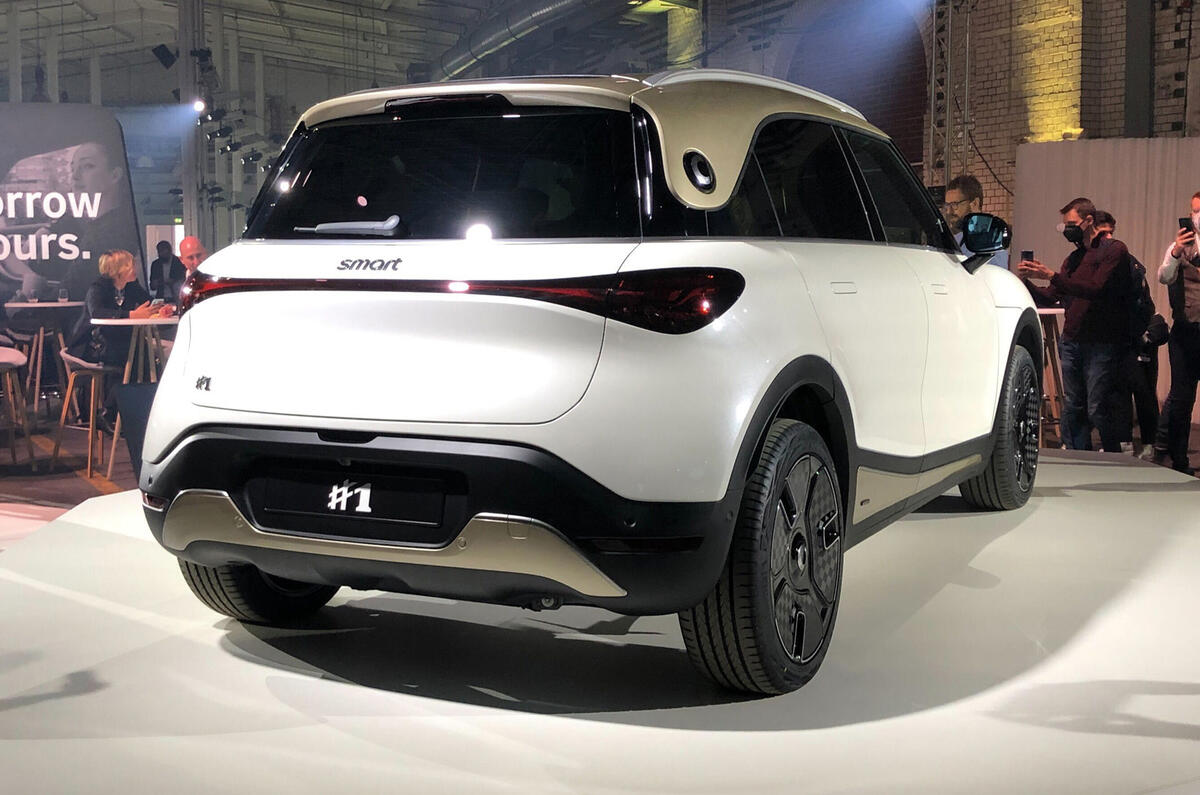
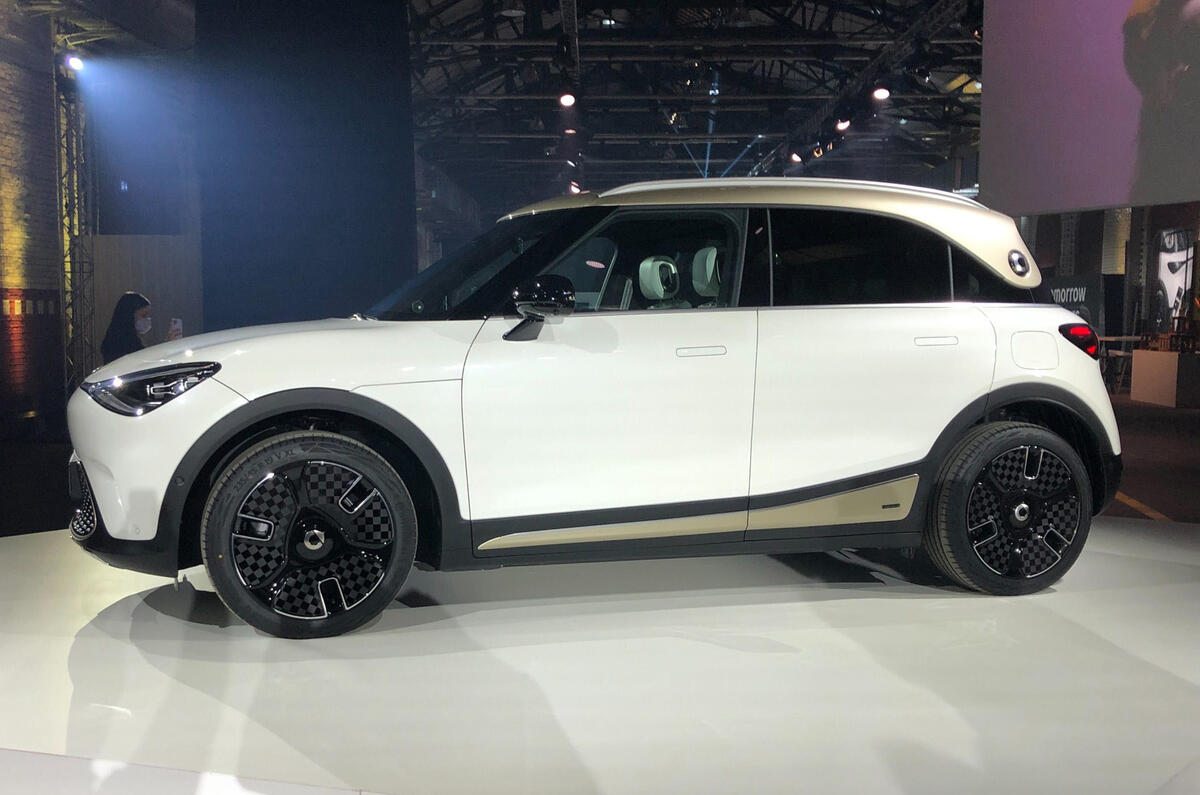
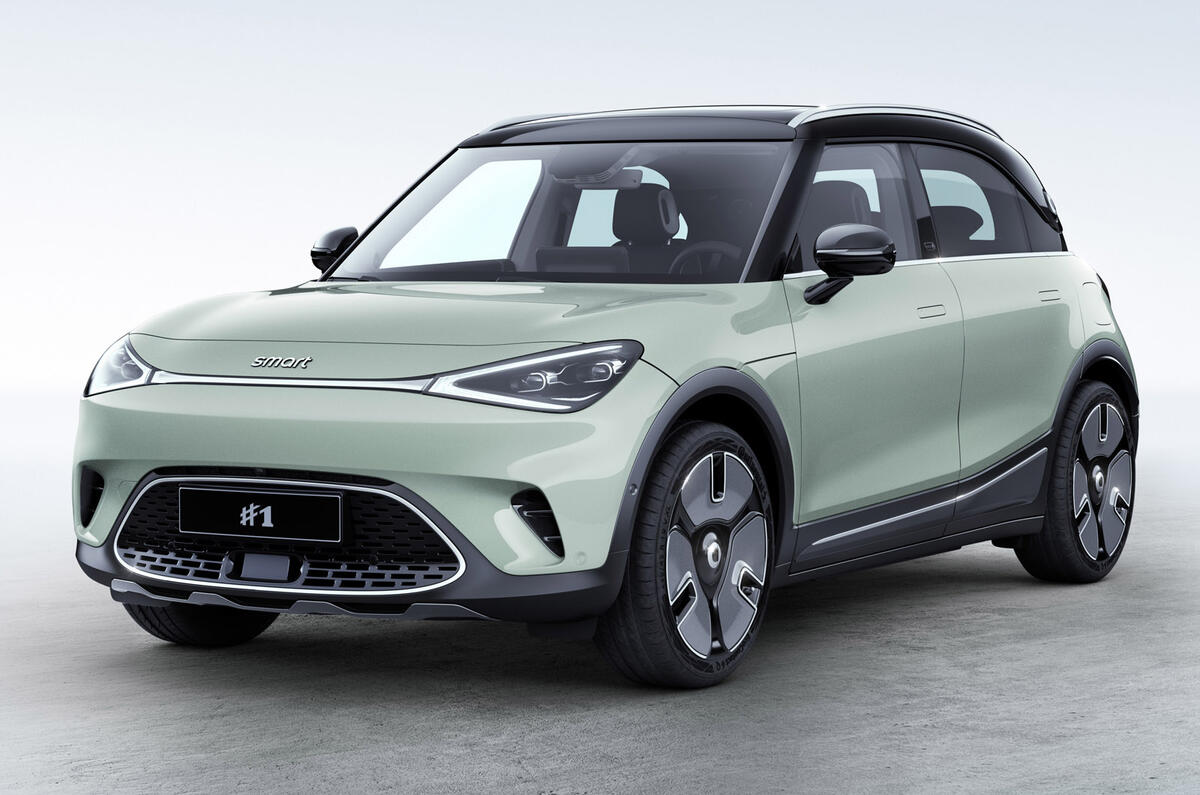
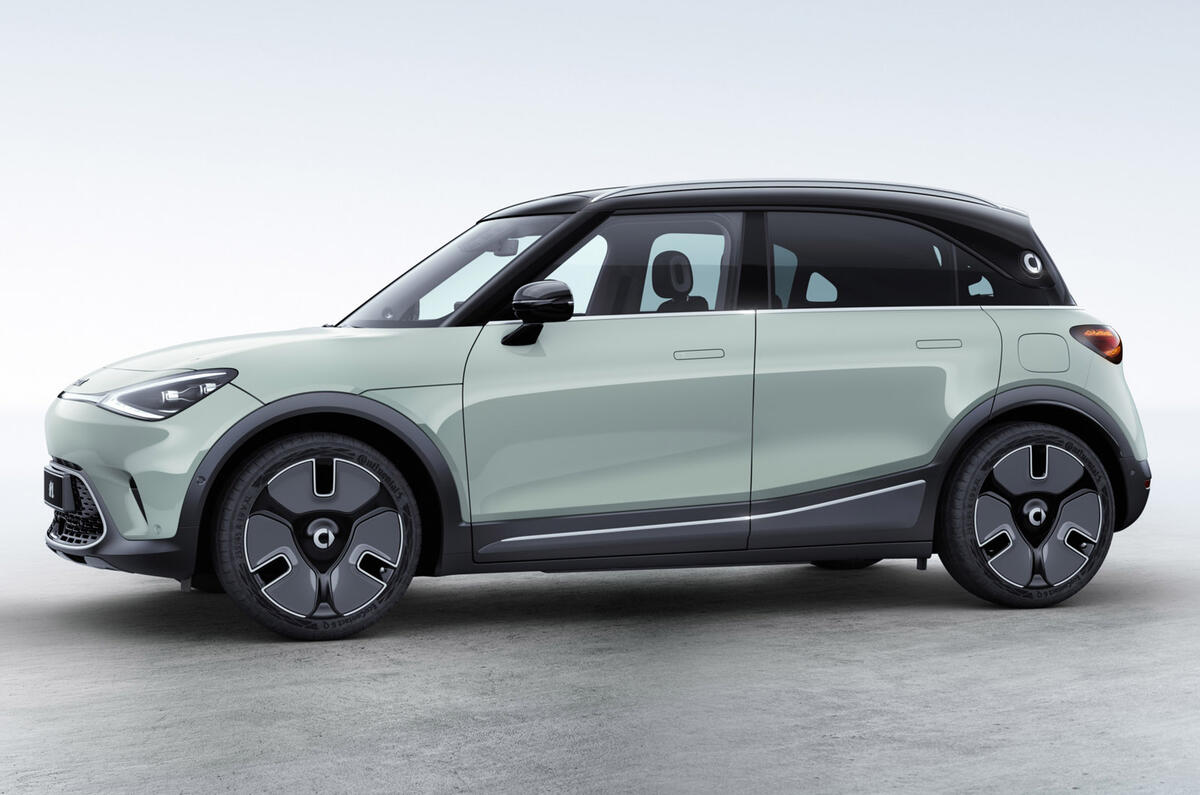
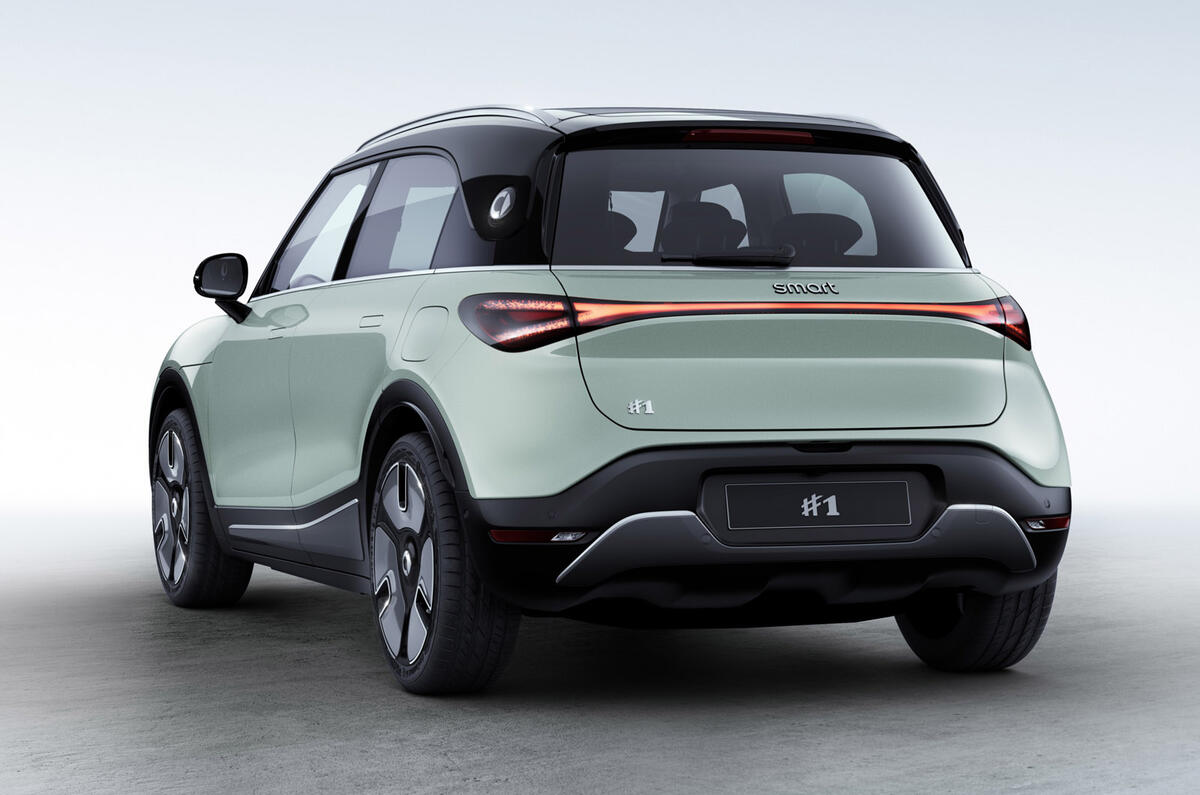
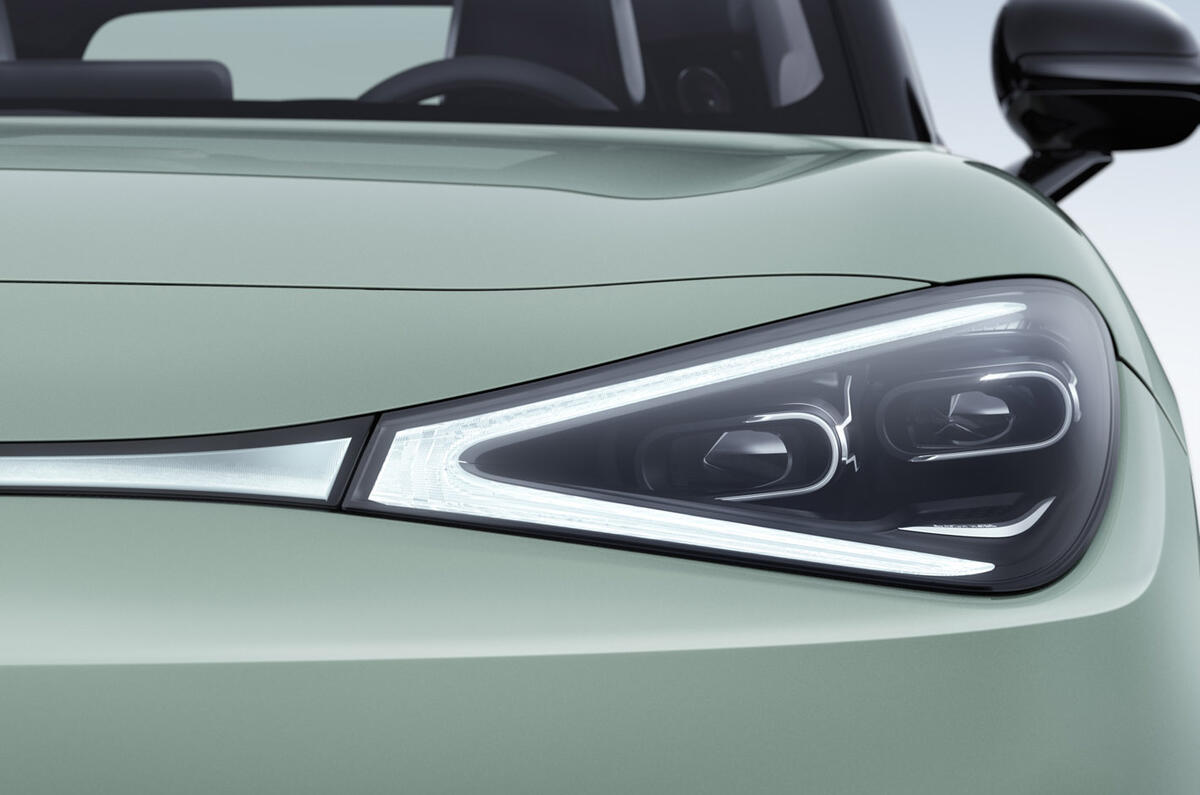
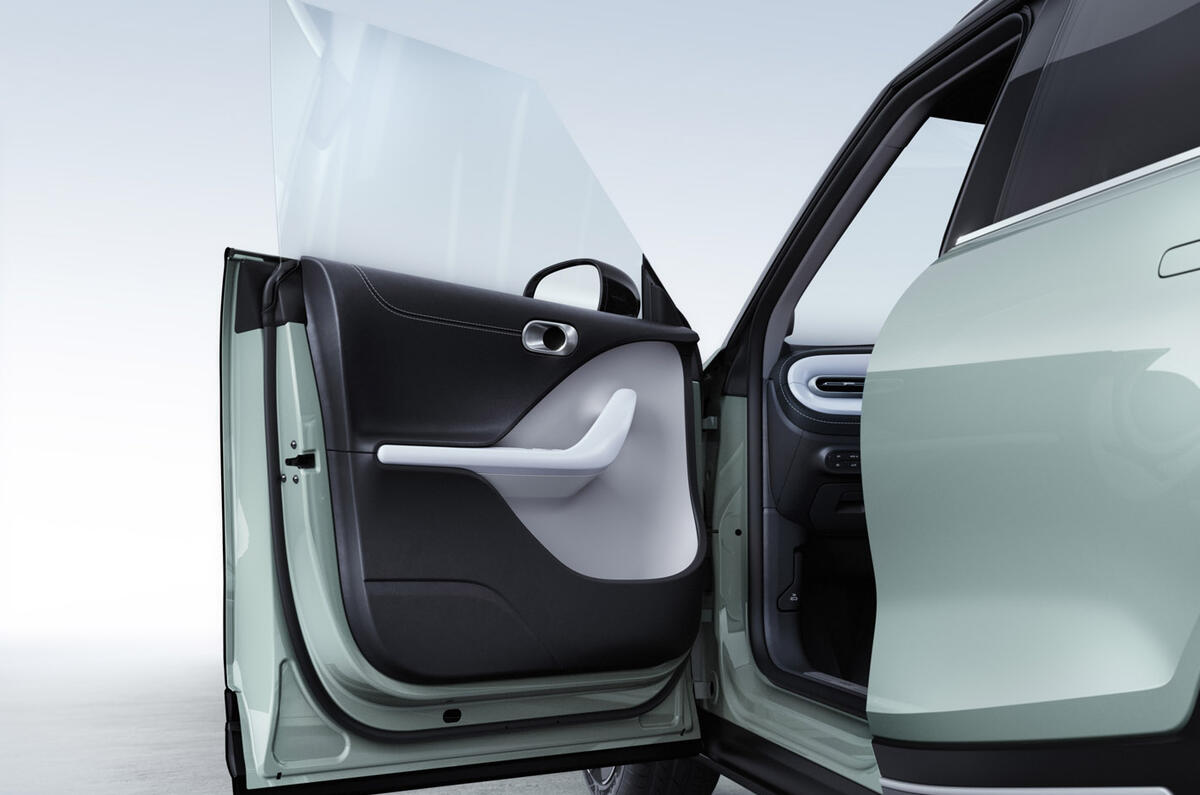
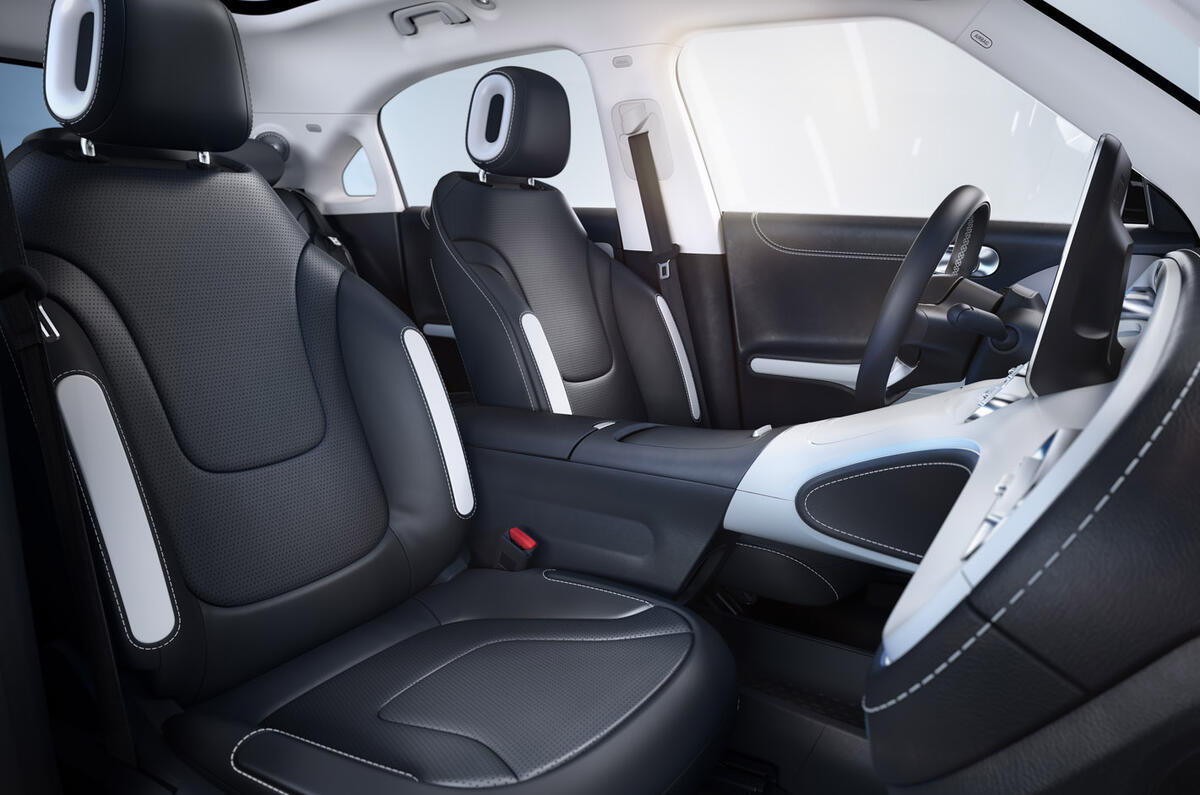
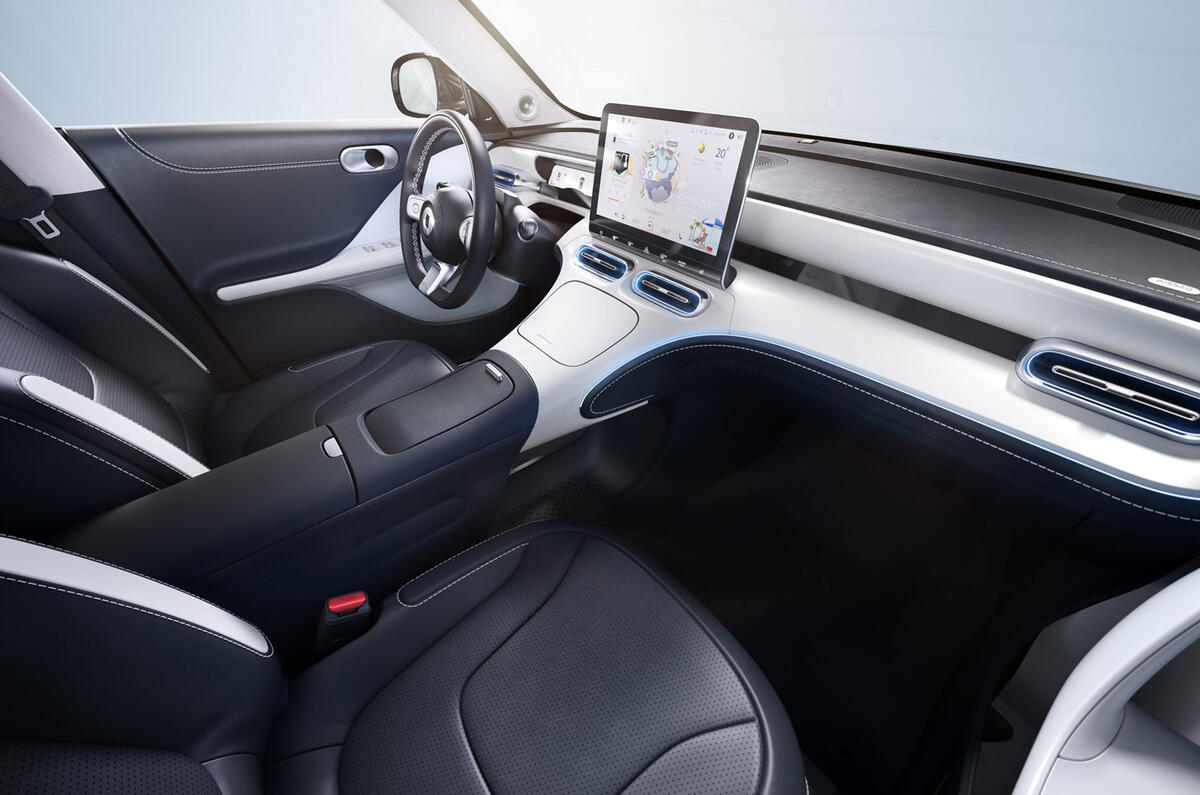
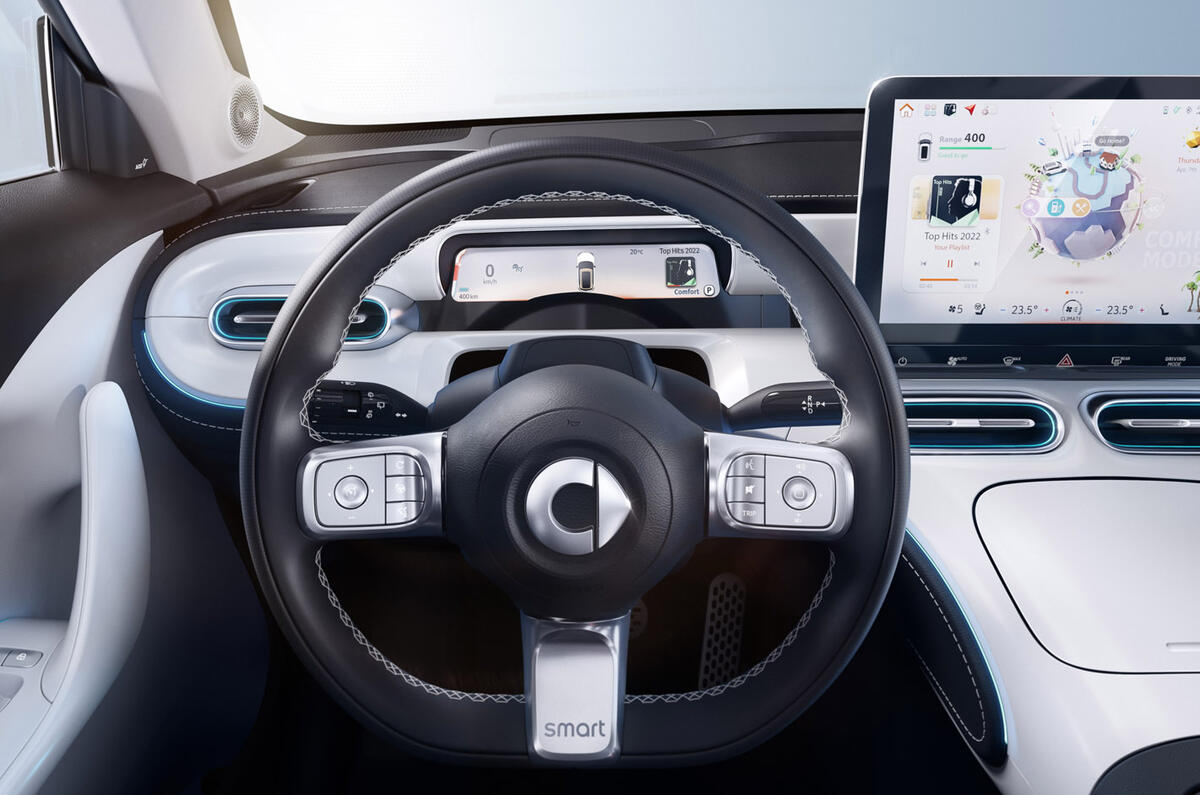
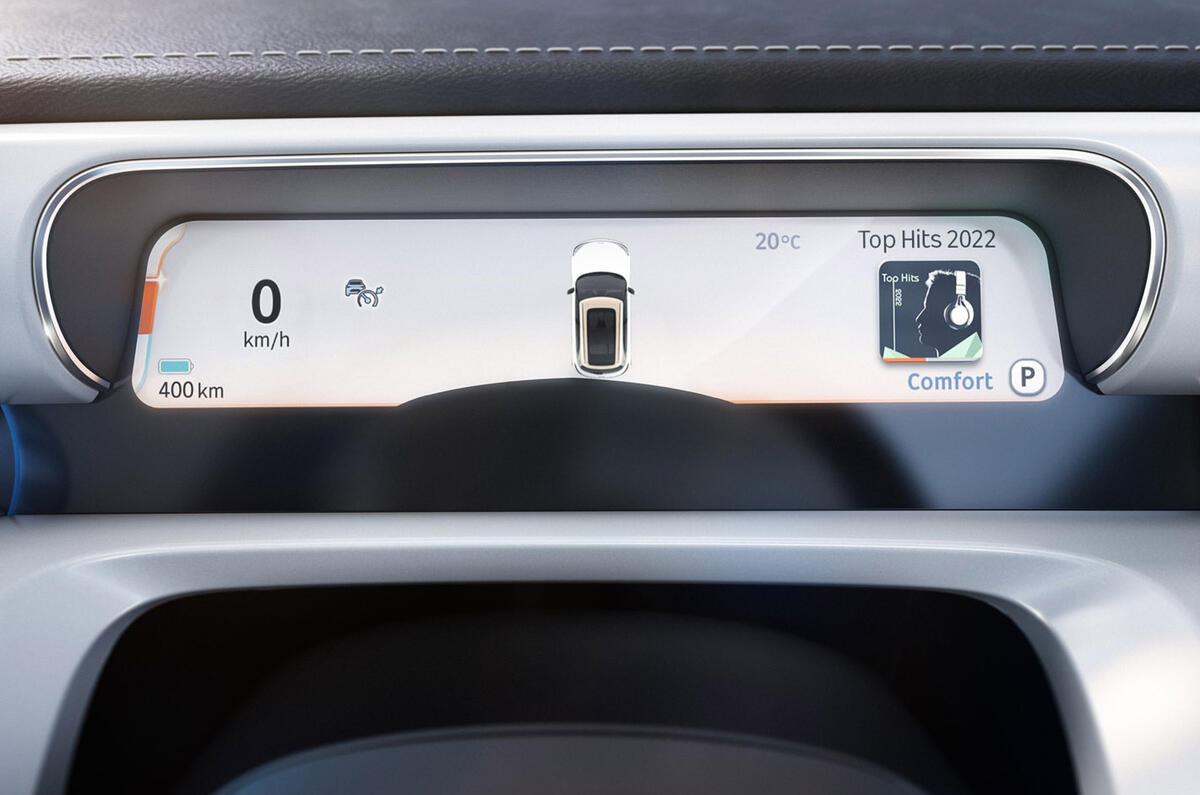
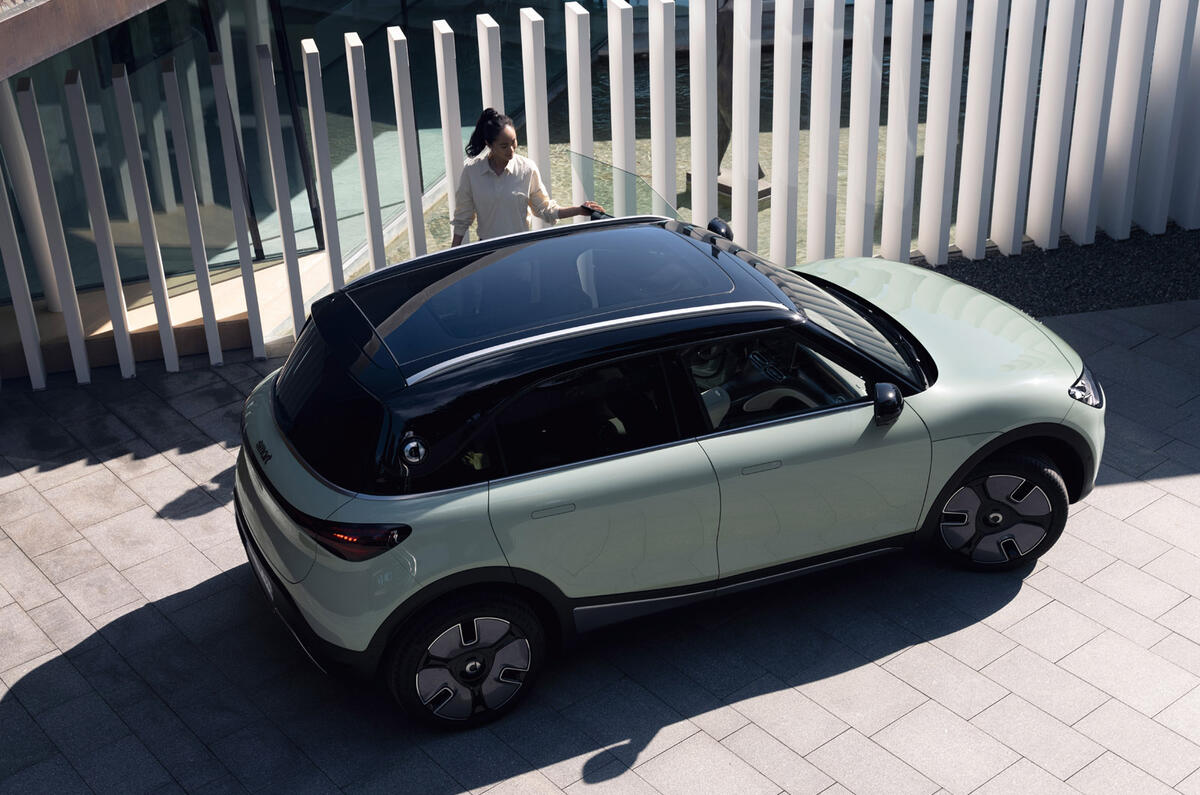
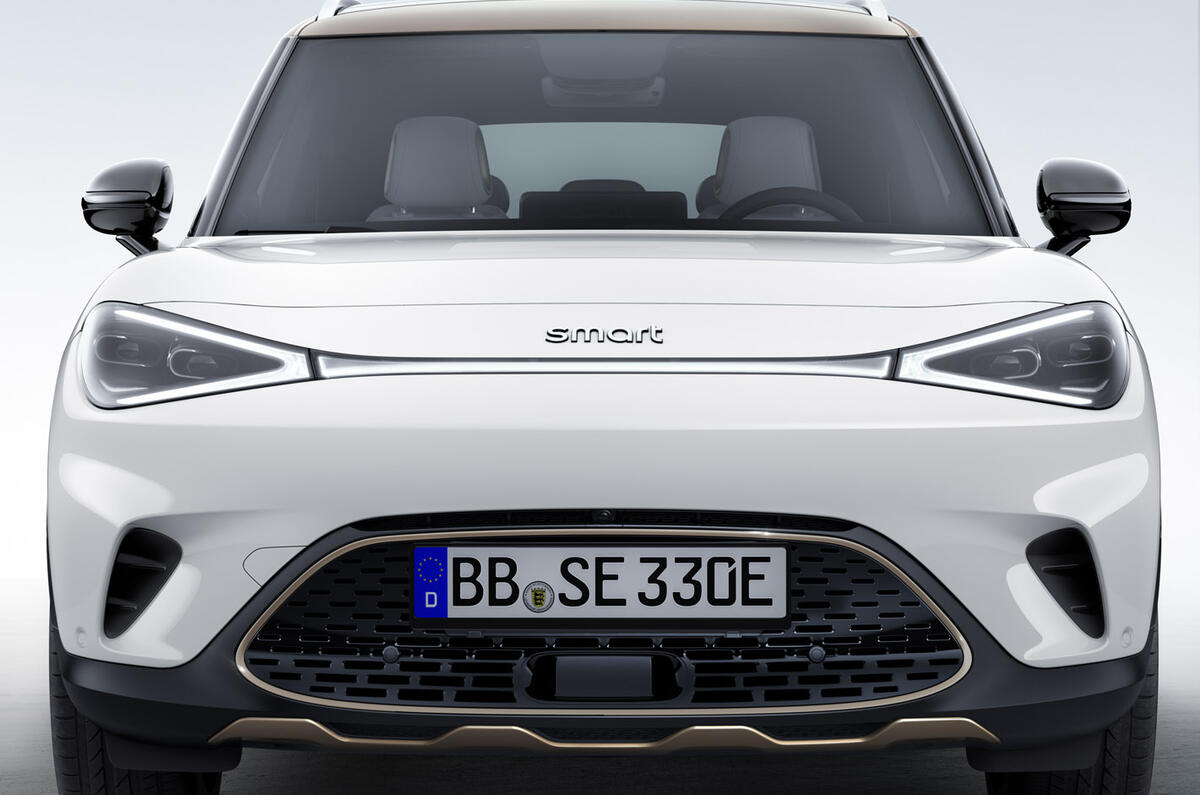
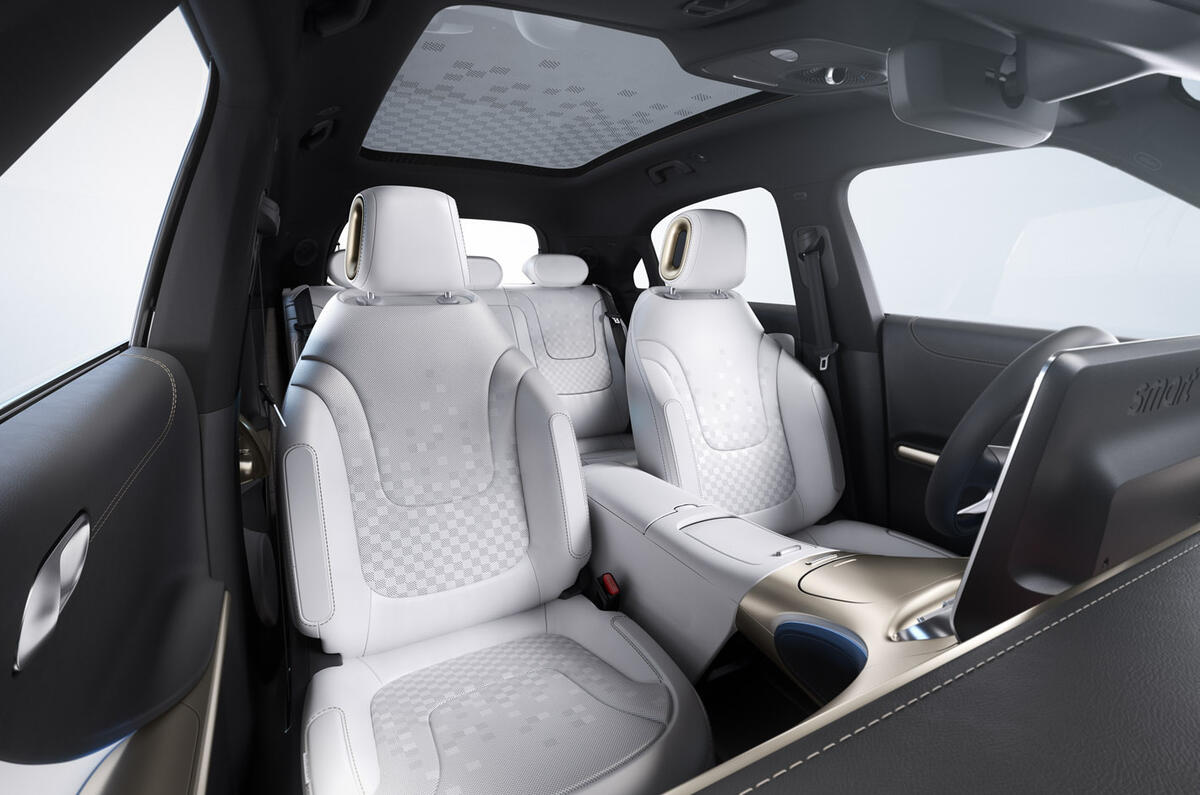
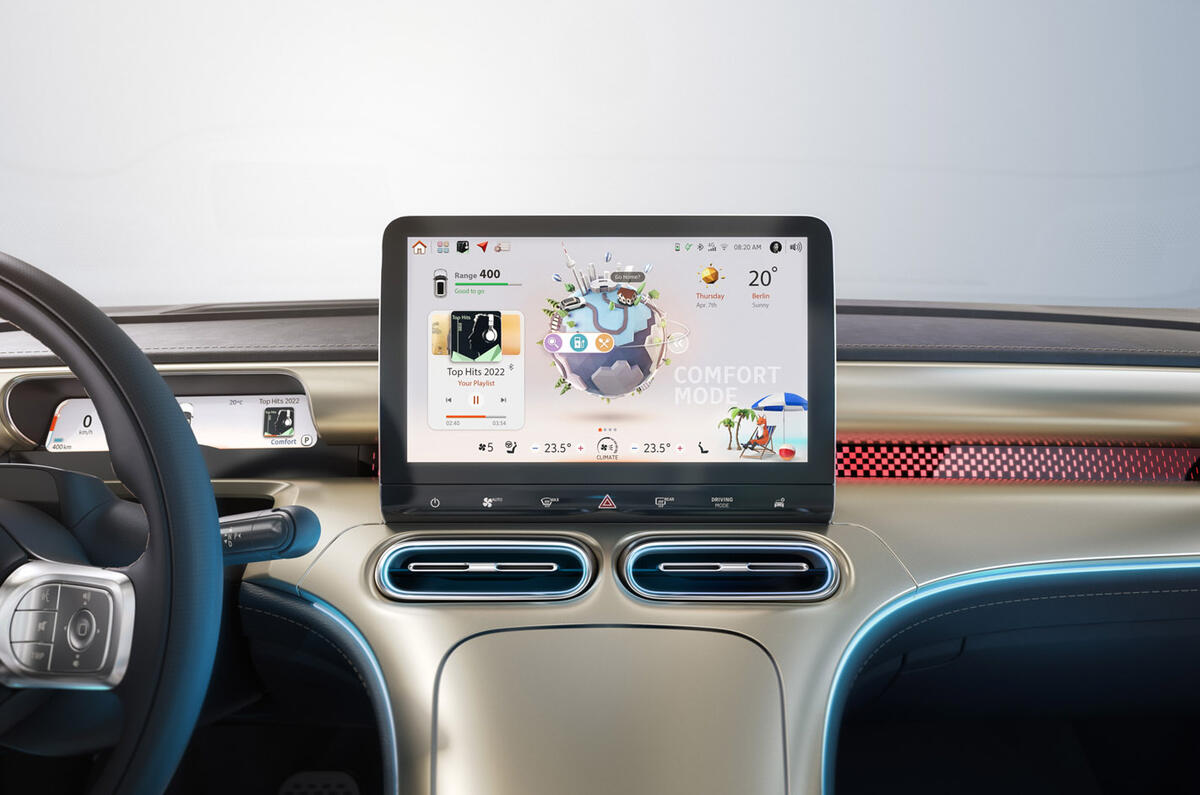
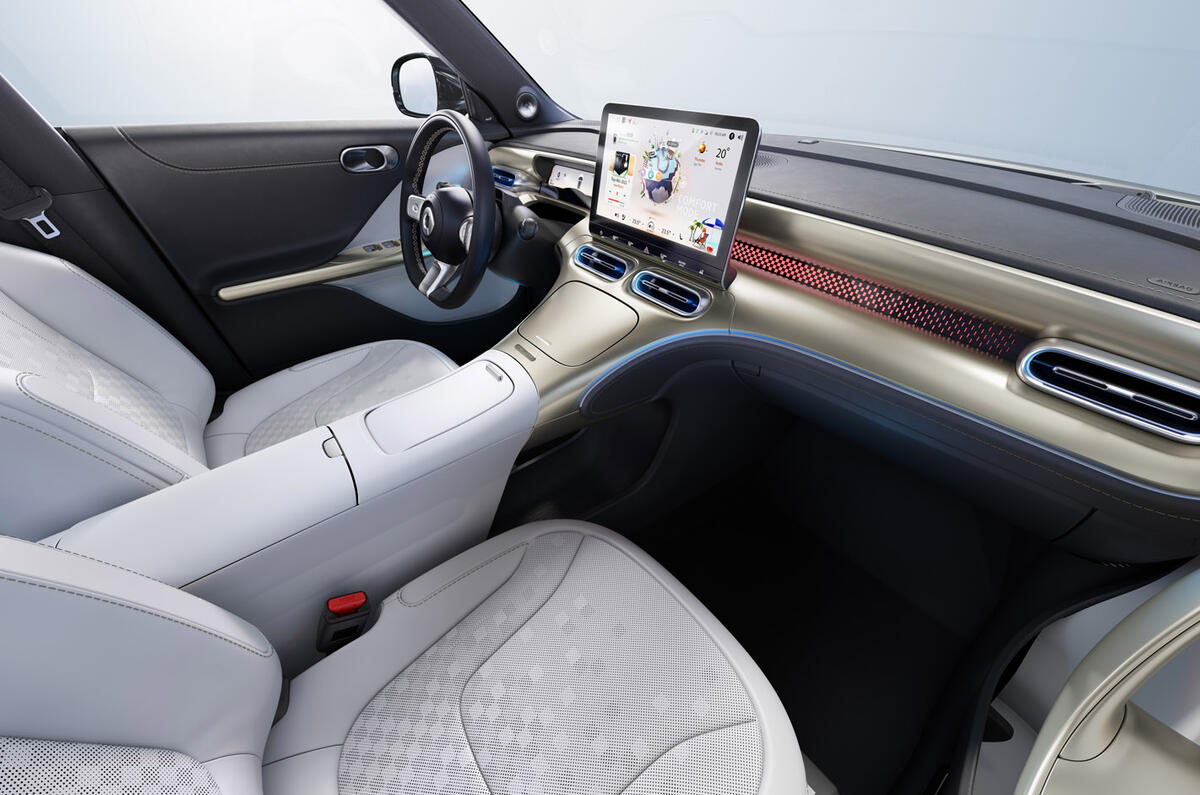
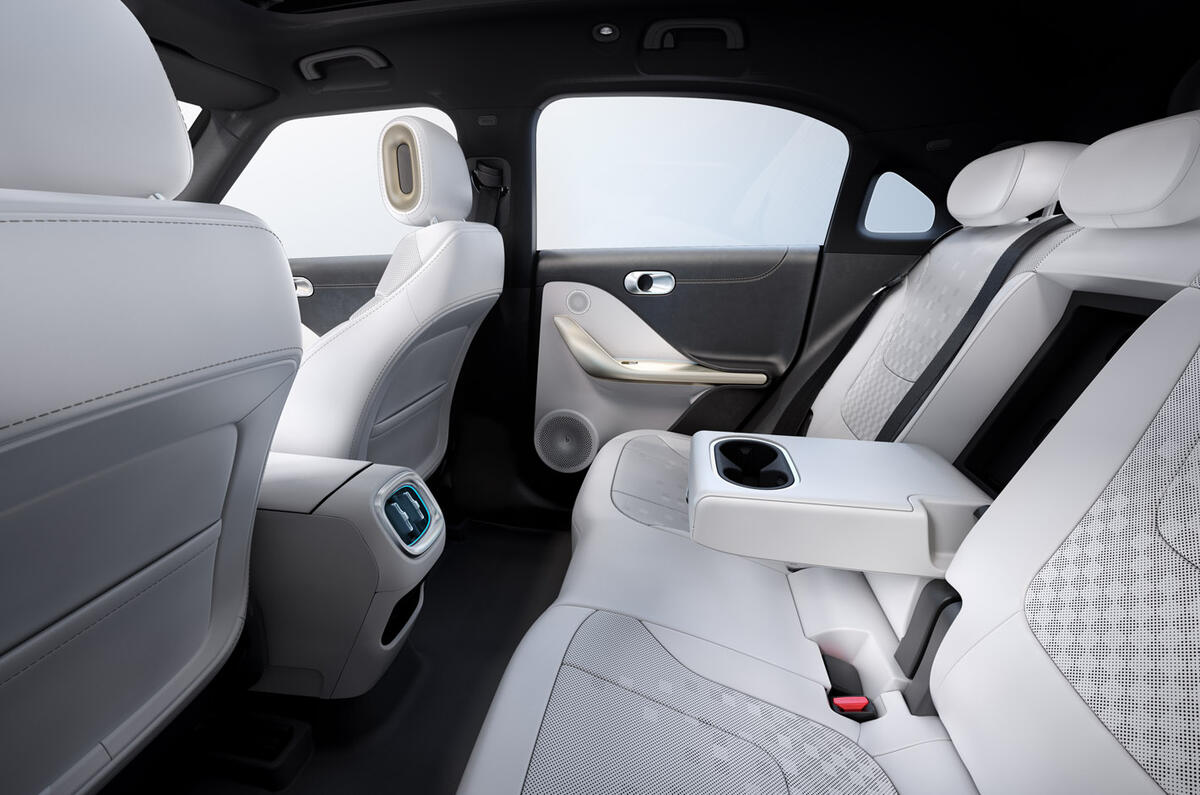
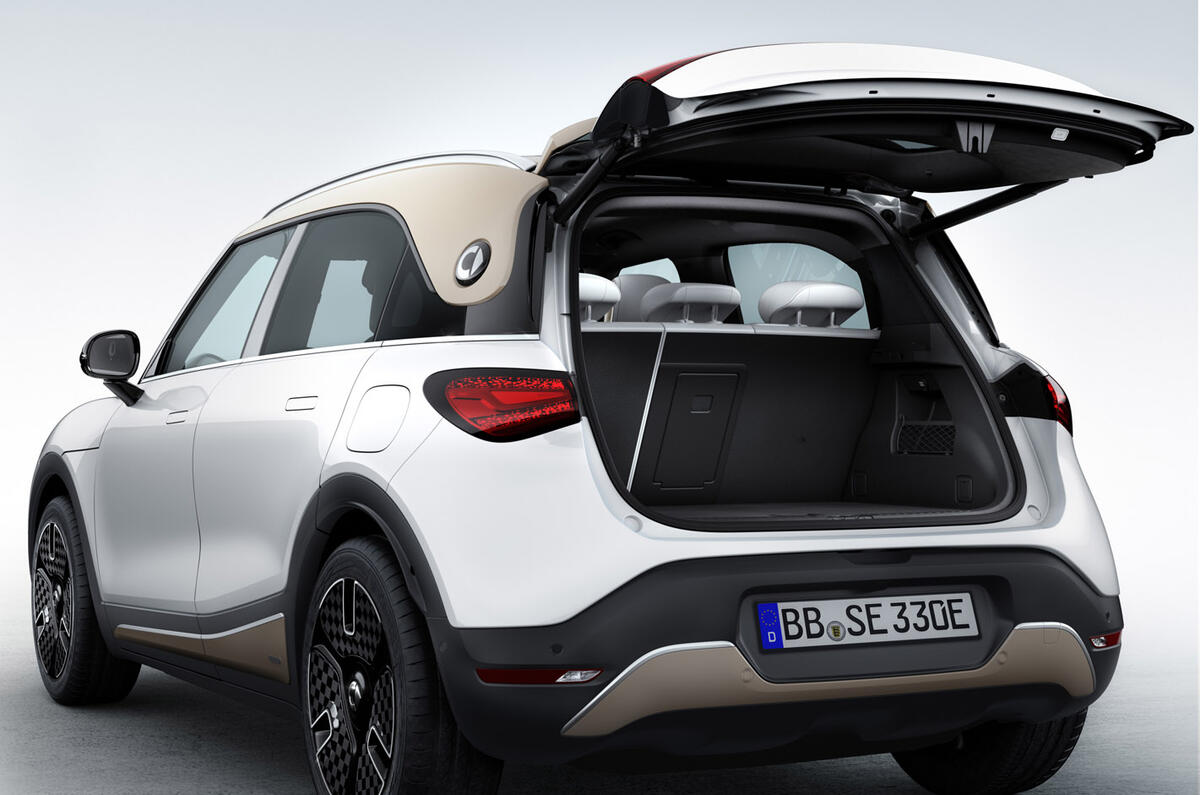
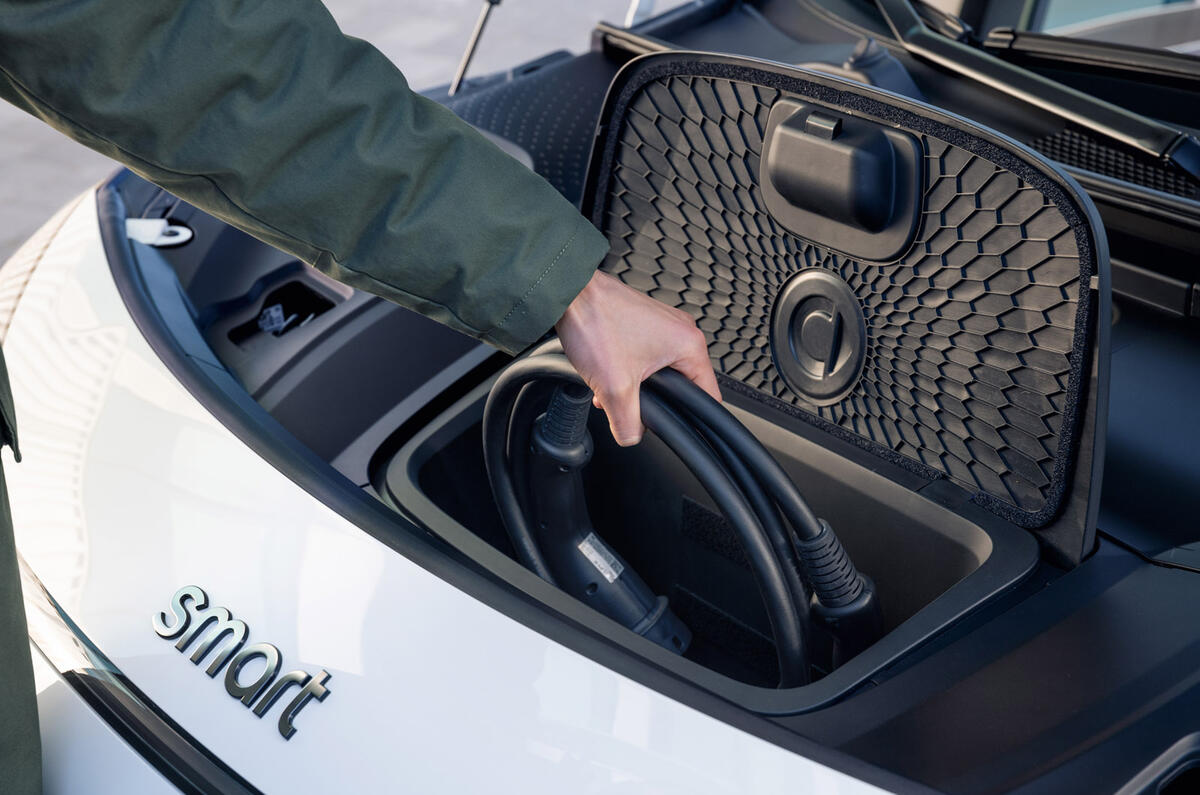
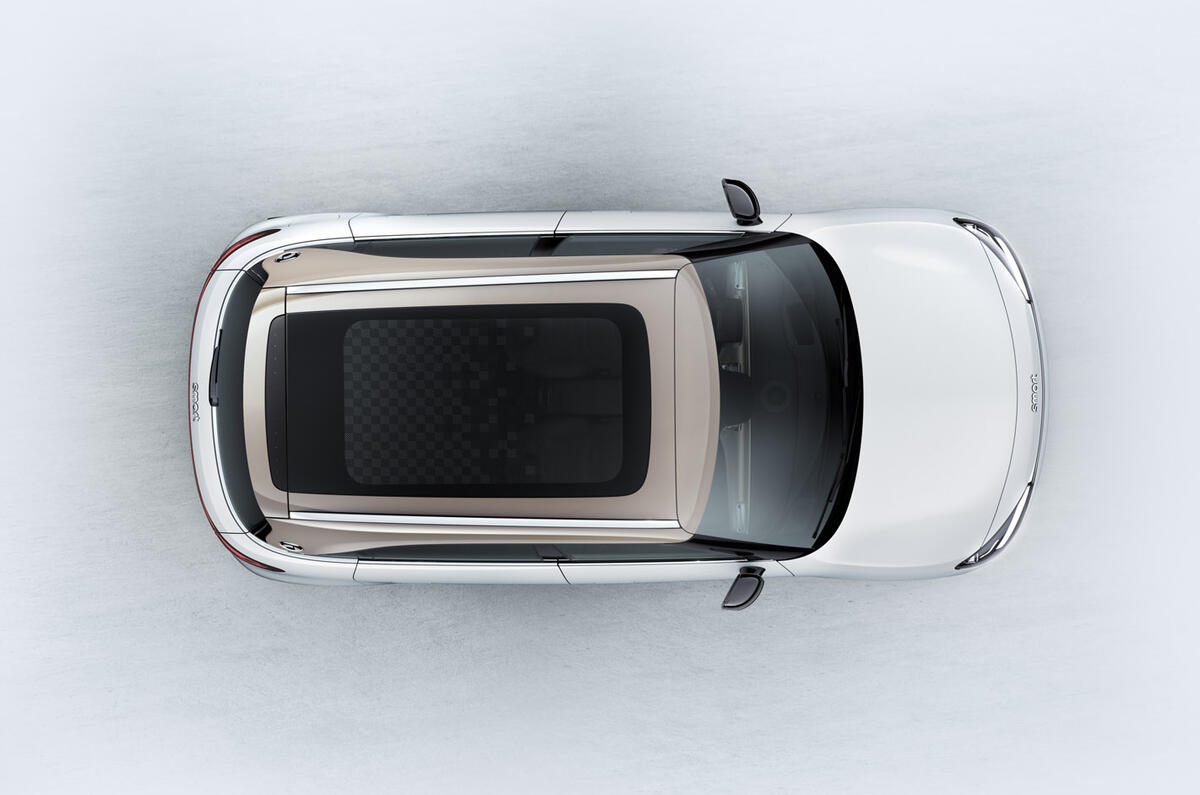
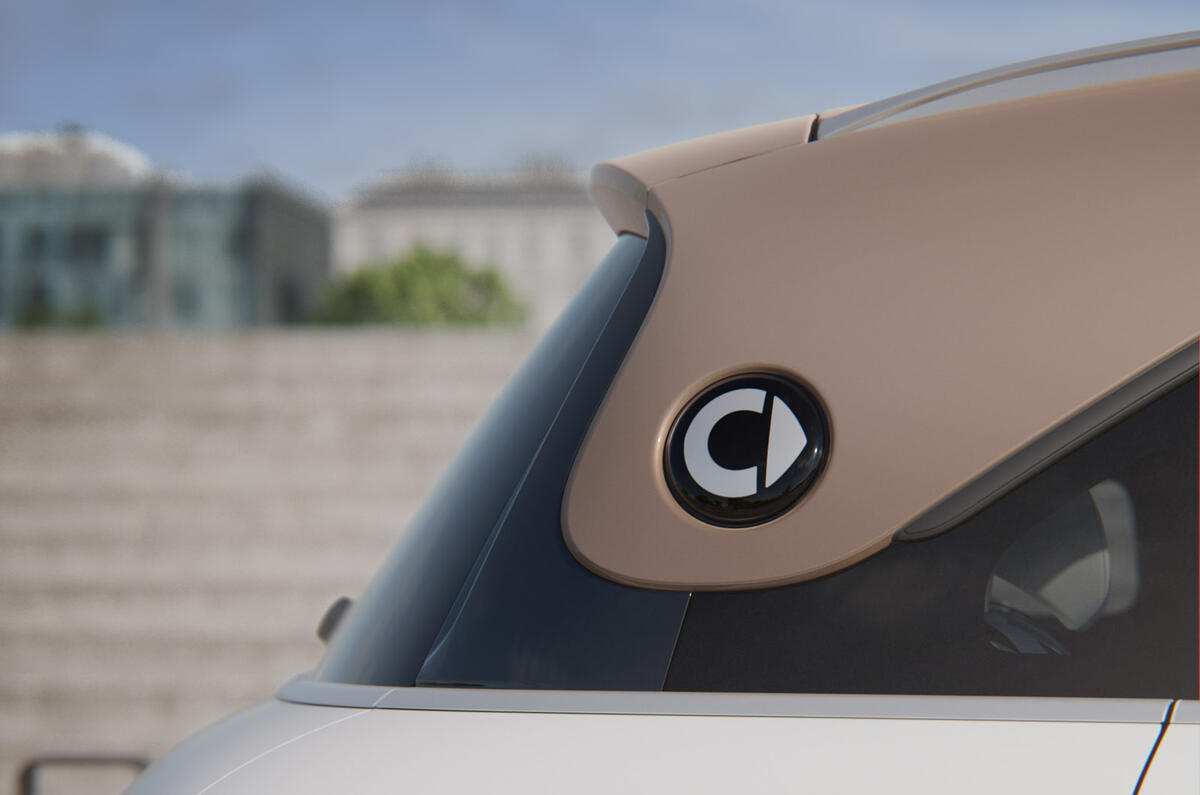











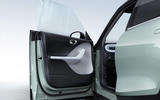



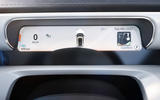








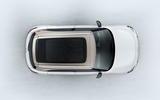


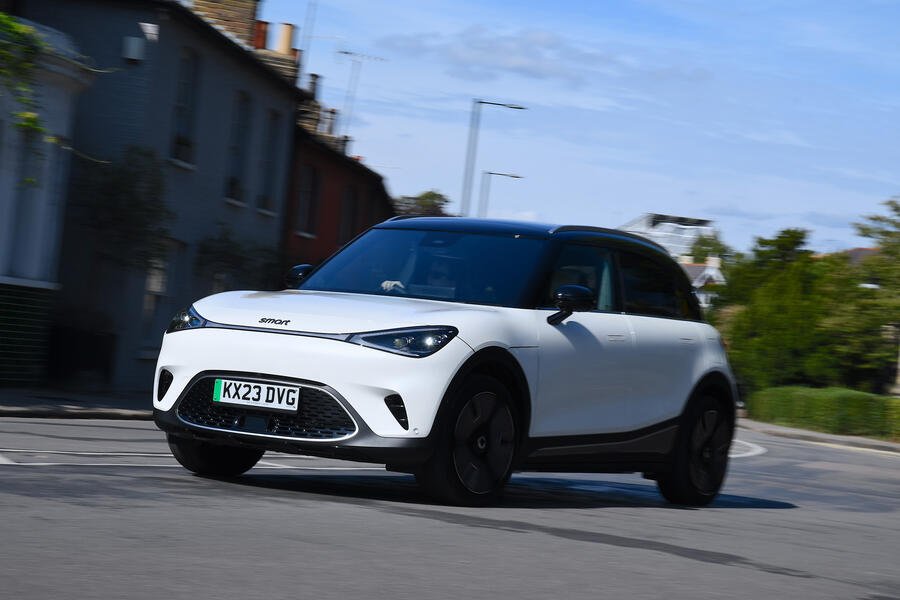






Join the debate
Add your comment
Kinda reforces my thoughts that manufacturers are more interested in low volumes high profits, i.e keep prices artificially high until you have to drop them.
Yes, they keep telling us how they're chasing higher margins now, but it shows how they can afford to drop prices / introduce cheaper models if they have to. Another very good reason why the taxpayer shouldn't subsidise these manufacturers any more through increased subsidies and incentives (sorry SMMT).